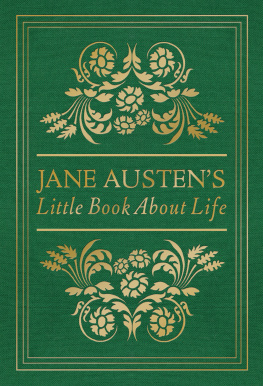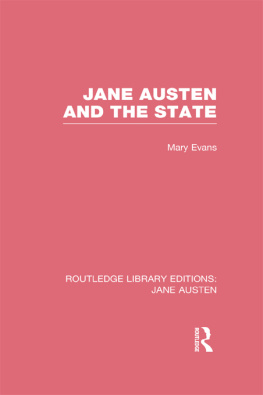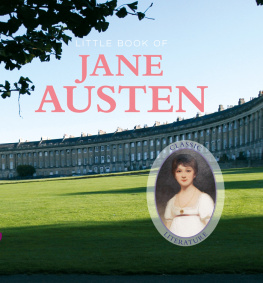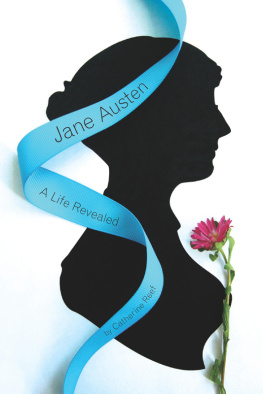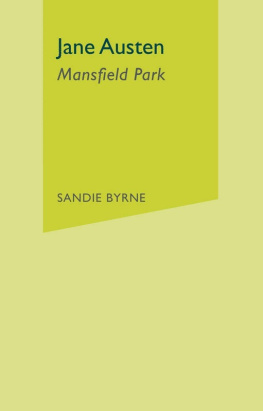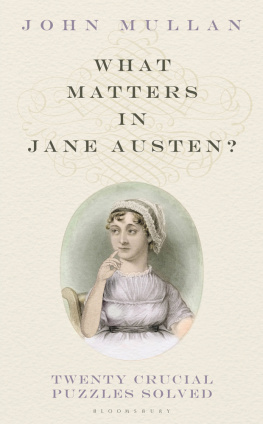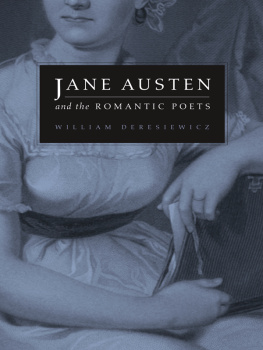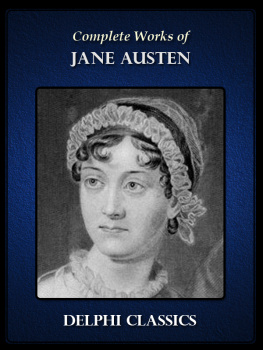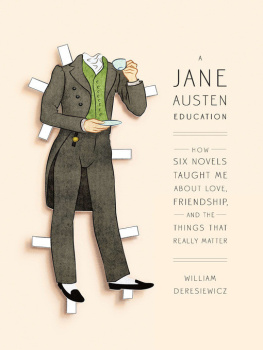
Jane and the Damned
Janet Mullany

In memory of my aunts Phyl and Nell Dowling,
who introduced me to Bath and the novels of Georgette Heyer.
Table of Contents

Steventon, Hampshire, England.
November 1797.
Declined by Return of Post.
Jane stared at the words scrawled across the top page of the stack of papers. She patted the manuscript as though the pages were disordered, although they were piled neatly together, tied carefully with string. Undisturbed, untouched, unwanted.
Do not be downhearted, my dear. The Reverend Mr. Austen reached out his hand to his daughter. We shall try another publisher.
Thank you for sending the book to them, sir. It is not your fault they did not like it; it is mine. I beg you, do not send it to another publisher.
Jane, you cannot give up after your hard work. Another publisher may think better of it. Your mother and I, the whole family, believe in your talent.
Of course you do, sir, and I am most grateful, as a daughter should be. But this gentlemanshe flicked a fingertip at the devastating statementdoes not care about my feelings and knows that he shall not have to eat dinner with me and suffer my reproachful glances across the table. Perhaps he is right. I am not giving up, sir. On the contrary, I am determined to make this book a better one. I trust we can afford the paper, sir? I shall need a quantity.
My dear, of course you may have as much paper as you needall the pens and ink in the world, too. He gestured around his study. All of this is at your disposal, unless you are still determined to write in your parlor upstairs?
She glanced around her fathers room, with its book-lined shelves and shabby, comfortable furniture, its air of masculine privilege and privacy. A half-written sermon lay on the battered leather of the desk, along with a featherblue and bright, a jays feather that he must have picked up on one of his walks around the parish.
It is very good of you, sir, and I thank you, she said. But I prefer my little table; and besides, I can see who comes to visit and keep an eye on the great world.
But the interruptions. Surely they distract you?
Not at all, sir. I need interruptions, else I should become a poor creature lost in her own thoughts, which, I am assured, are of little import. She picked up the manuscript and cradled it in her arms. I shall get to work immediately. No, not immediately. It is Thursday, sir, and today Catherine Bigg and Cassandra and I make merry at Basingstoke Assembly Rooms. We leave for Manydown Park this afternoon.
Promise me, dear Jane, you will put nothing of this in any of your books.
Jane smiled at her sister sitting opposite her in the carriage that carried them to the Angel Inn in Basingstoke. As if I should do such a thing!
But that is the best part of an assemblyto talk about our neighbors after, cried Catherine Bigg. Why, Jane has so wicked a tongue, and there is nothing I like better than to hear her recount what she has observed but which we have merely allowed to pass us by unnoticed.
Mrs. Bigg frowned. I know Miss Jane would not be unkind, my dear, but do you not think such frivolous behavior unbecoming?
Oh, Mama, you are such an excellent chaperone! Catherine squeezed her mothers arms.
But what place better to behave frivolously than at an assembly room? Jane said. Would it not be a different sort of frivolity, maam, to not behave appropriately at such an eventto stand at the side of the room all gloom and seriousness? Besides, I expect we shall meet no one new, and as usual there will not be nearly enough gentlemen. No, do not smile, Catherine. It is a very serious matter. We shall be abandoned at the side of the room, listening to elderly ladies whisper that the Austen girls, who never had any money in the first place, are now losing their bloom. Yet I assure you it will happen.
Nonsense, said Mrs. Bigg. Still raining, I fear. I shall go first with Catherine and Cassandra and send William back with the umbrella for you, Jane.
Jane helped her sister and friend gather fans and gloves. Here she was, twenty-one years of age, attending a ball at some provincial assembly rooms where possibly the shopkeepers would not outnumber the gentlemen and the ladies would almost certainly outnumber the gentlemen. Every day, the newspapers brought dire news of Englands failures at sea against the French; in London the Damned of the ton gambled and whored and scandalized decent folk (they said already the Prince of Wales was in their thrall), and in the country all the talk was of militia and a possible French invasion. It was certainly not a time for trivial pursuits and merriment; or possibly it was the time for pleasure, because it was almost certainly the worst of times, and none of them knew what the future might bring.
And such dreadful weather for it, the small ironic voice in her head murmured. She must remember that.
She watched Catherine and Cassandra avoid the puddles and the worst of the dung and straw that littered the street while the Biggs footman held the umbrella over their heads. Mrs. Bigg, beneath her own umbrella, flitted between Catherine and Cassandra, lifting delicate muslin hems out of harms way.
It was absurd to be so excited about a provincial assembly. She had been trapped in a girlhood that once seemed infinite, Miss Jane, the youngest and brightest daughter of the Austen family, the one who wrote and read and played the pianoforte with dash and flair, and was always ready with a witty comment. But now, with her twenty-second birthday occurring the next month, childhood was falling away. How many years would it be before the matrons at assemblies and balls murmured about poor Miss Jane, who almost certainly would not marry now, for she was sadly faded and had too sharp a tongue for her own good?
How long before she sat behind the matrons, a spinsters cap on her faded hair, and listened to the malice and gossip, herself an object of pity and mild derisionthe gentlewoman of limited means with a small talent for music and writing.
There would never be any malicious gossip about Cassandra, only sighs and gentle comments that it was a pity the eldest Austen daughter would never marry now poor Tom Fowle was dead; as though her status imposed upon her some sort of honorable discharge from husband-hunting. Unkind, Jane. Unkind. Cassandra had been so sad, and she and Jane had wept together, all of the Austens mourning the loss. Janes tears had been real.
She was being unkind because a day or so ago an unknown clerk in a publishers office had been instructed that polite novels by ladies were of no interest and he should take care of the stack of paper forthwith. On receiving the bad news she had put a good face on her disappointment. She had smiled and joked, and proclaimed that she would write more and better. If necessary, she would tear the book apart with a ruthless hand and eye and begin again; she could not let her family down. But inside, resentment and anger burned, forcing its way to the surface in uncharitable thoughts, angry actionslike clenching her hands so hard that even in this dim light she could see the deep crease in her gloves.
Are you ready, Miss Jane? The door opened to reveal William, the shoulders of his livery already darkened by rain, his nose red with cold.
Next page

